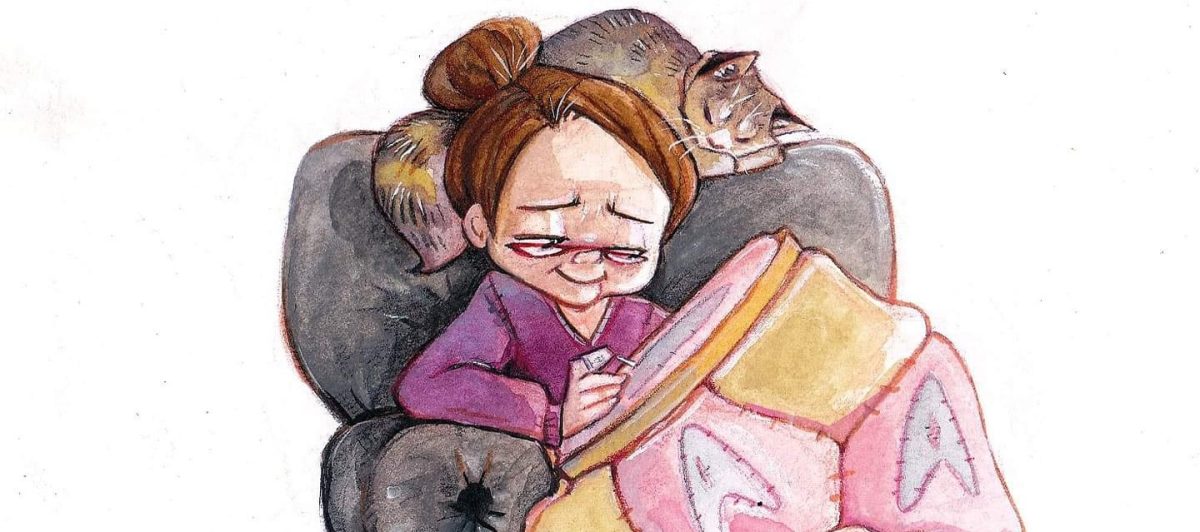Star Trek Vulcan quilt
Star Trek Baby quilt – Lane
Baby quilt -Vican
Scrap block quilt
Stephen’s Kids
Book 1 – Madie: Life in Bear Country
In 2004, I embarked on a creative journey by writing a fictional diary. Over the next couple of years, I wrote 342 blog post. This broke down into 3 books, although I never finished book 3. The blog was deleted in 2011. I’ve recently decided to resurrect it for your enjoyment. So without further ado, I present to you Book 1 “Madie Life in Bear Country“. Happy Reading.



























































